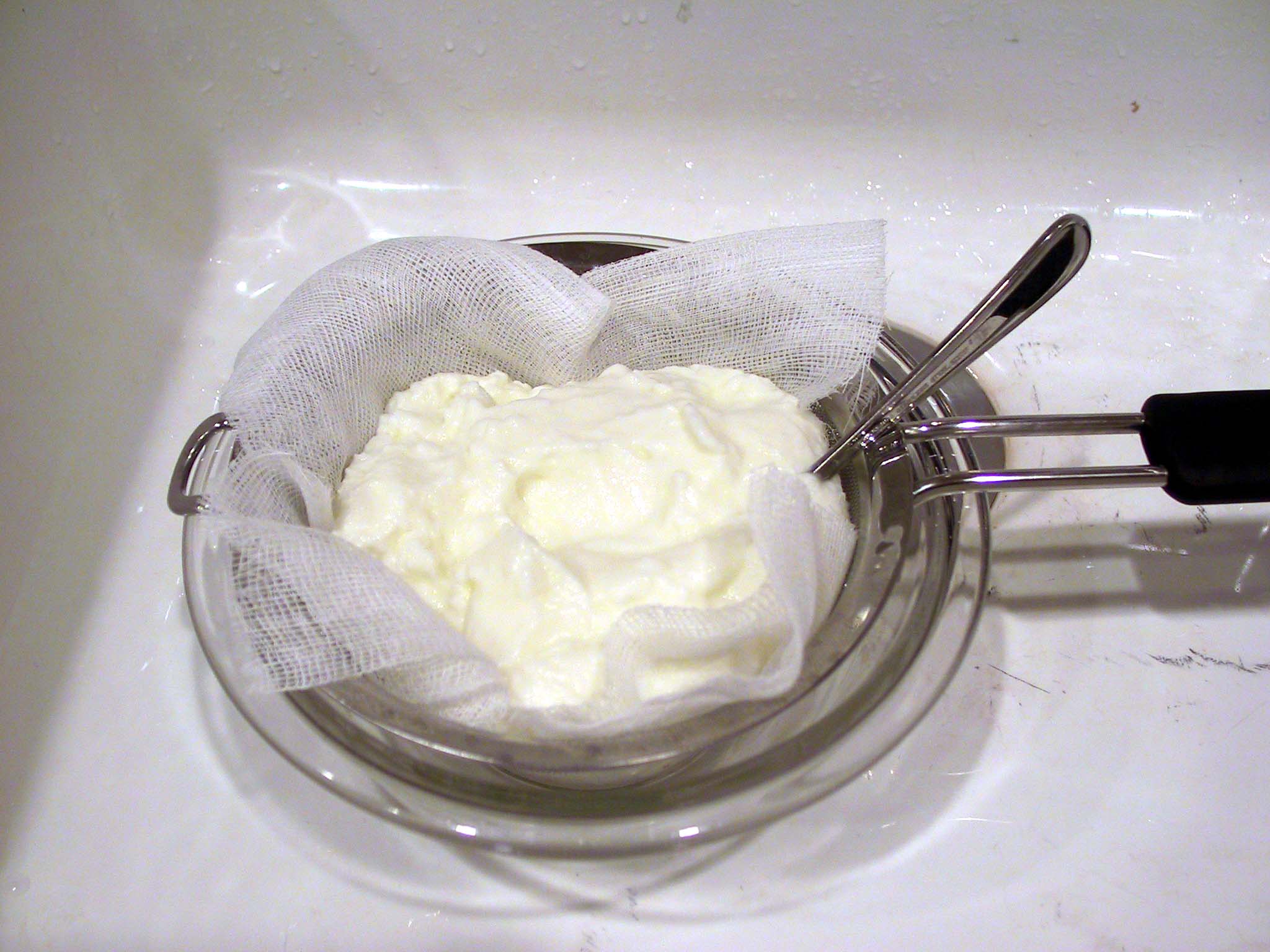To coach little girls playing ice hockey in Canada requires 16 hours of training. To coach kids on a travel team requires an additional 24 hours of training. ?
 So it seems reasonable to have some minimal training for those who prepare food for public consumption.
So it seems reasonable to have some minimal training for those who prepare food for public consumption.
Some U.S., Canadian and Australian states or municipalities require at least one person at a restaurant or food outlet to have some food safety training, even if that person is at home in bed. Others require training for everyone who touches food; others require nothing.
So the Abu Dhabi Food Control Authority (ADFCA) is way ahead when it announced that all employees who handle food must be trained in hygiene by the end of 2012.
The food safety watchdog was straightforward yesterday when it said outdated attitudes to food safety are to blame for food workers failing hygiene tests.
The National reported that so far 40 per cent of workers, about 17,000, have been trained, and 60 per cent of those have failed the exams. Eleven per cent of all the emirate’s food workers have passed.
Earlier, the authority partially blamed language barriers for the problem, but yesterday it said the absence of a culture of hygiene and food safety in restaurants and food outlets was also a major cause.
Mohammed al Reyaysa, the authority’s spokesman, said,
“Unfortunately a lot of people think going into the kitchen and dealing with food does not need any science and anyone can do it. This is an old way of thinking and it is changing after the requirements and regulations being implemented.”
.jpg) Mr al Reyaysa’s comments came after the release of a wide-ranging annual report, which detailed the agency’s programmes, draft laws, financial status and the total number of inspections and food establishment closures last year.
Mr al Reyaysa’s comments came after the release of a wide-ranging annual report, which detailed the agency’s programmes, draft laws, financial status and the total number of inspections and food establishment closures last year.
The high failure rate on hygiene exams raises questions as to why ADFCA’s spending of almost Dh1 billion in 2009 has not led to better results. Passing the tests is currently not a requirement, but Mr al Reyaysa indicated that it may eventually be obligatory for food workers in the emirate, posing a potentially protracted problem for employers.
It’s excellent Abu Dhabi is getting serious about requirements and puts them way ahead of many North American jurisdictions. Unfortunately, what constitutes a certified food safety course is often crap. So figure out what the barriers are to effective training and figure out what works and what doesn’t – what kind of training actually translates into food service staff practicing safe food preparation.
The best restaurants will not wait for a government edict and will go ahead and improve their training and compliance — today.


.jpg) first instance of food poisoning at any of our camps."
first instance of food poisoning at any of our camps." have manufacturing details on them, so may have been expired, the report said.
have manufacturing details on them, so may have been expired, the report said..jpg) Mr al Reyaysa’s comments came after the release of a wide-ranging annual report, which detailed the agency’s programmes, draft laws, financial status and the total number of inspections and food establishment closures last year.
Mr al Reyaysa’s comments came after the release of a wide-ranging annual report, which detailed the agency’s programmes, draft laws, financial status and the total number of inspections and food establishment closures last year. use smiley faces).
use smiley faces)..jpg) Mr al Reyaysa further noted the restaurants closed were “fraught with potential danger to the health of the consumers”, such as kitchens infested with insects, improper drainage systems and waste disposal, and mixing meat and fruits.
Mr al Reyaysa further noted the restaurants closed were “fraught with potential danger to the health of the consumers”, such as kitchens infested with insects, improper drainage systems and waste disposal, and mixing meat and fruits. So in what seems an excessively harsh penalty, if true,
So in what seems an excessively harsh penalty, if true, 